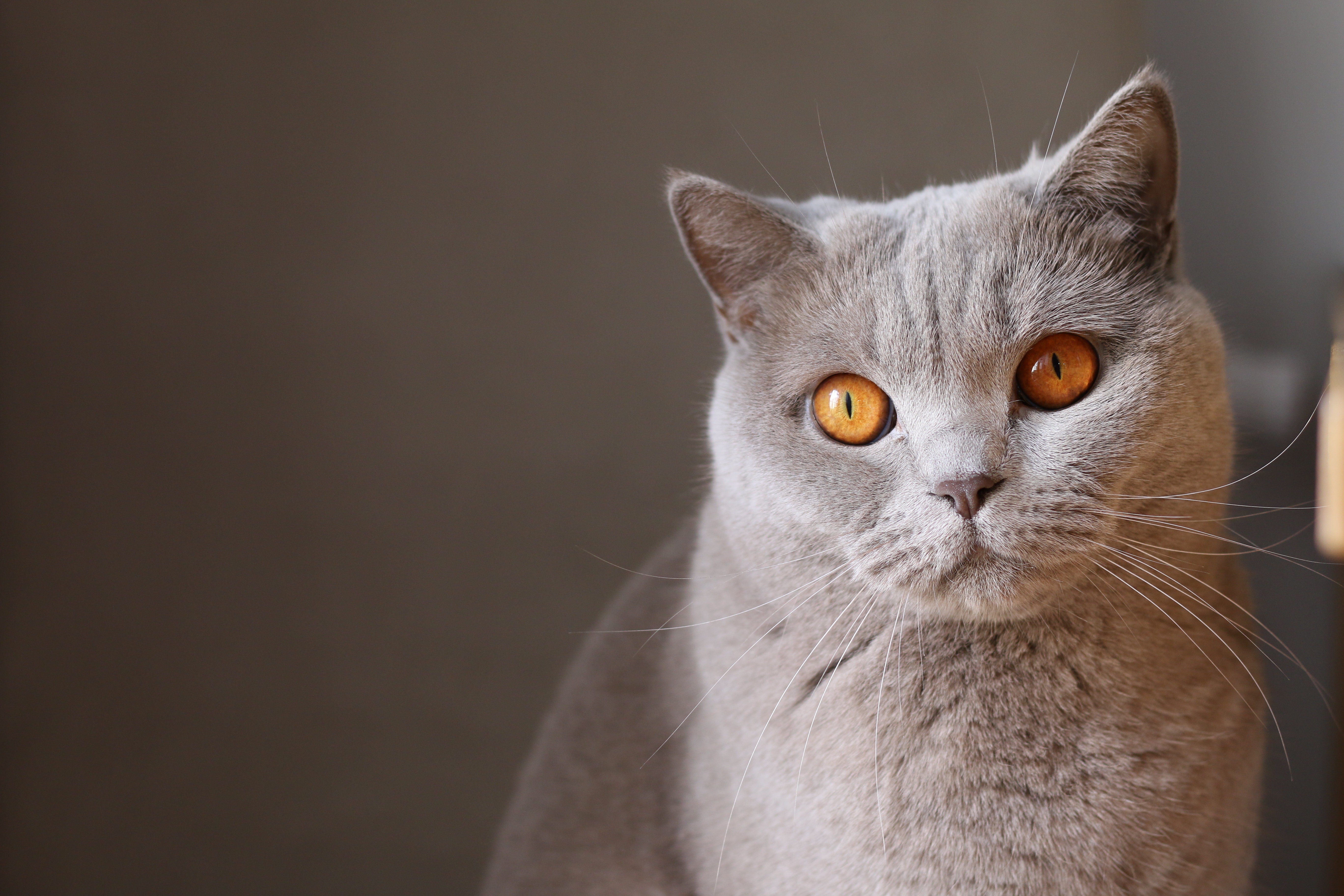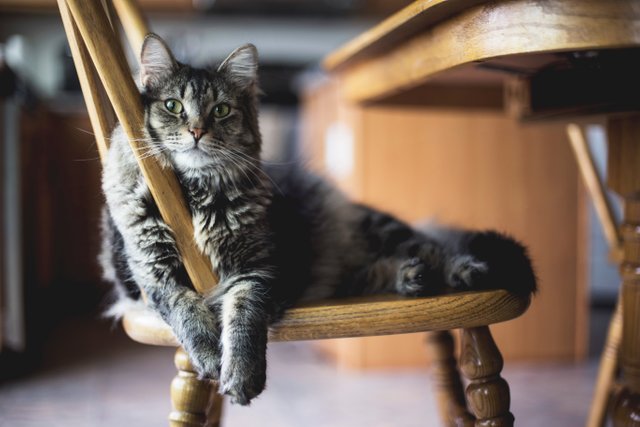Idioms For the Cat Lover in You
In case you aren’t familiarized with the term, idioms are words, phrases, or expressions that cannot be taken literally and cannot be understood by knowing what the individual words in the phrase mean.

And as it turns out, many of them, involve cats!
Let’s see a bunch of them, shall we?

Meaning
Being curious can get you into trouble.
Origin
Probably one of the most known cat-related idioms, with the earliest printed reference being in a 1598 play, performed by William Shakespeare. The old phrase used to go as "care killed the cat" since, despite cats having nine lives, care could often wear them out.
It wasn’t until 1873 that James Allan Mair's transformation appeared listed as an Irish proverb and it has remained like that since then.

Meaning
Don’t use more people or things than what’s required to accomplish a purpose.
Origin
First seen in J. Dare’s “Counsellor Manners” in 1673 as “if thou hast a regard to Thrift, keep no more cats than will kill mice”, for later to be transformed by R. Kipling as how we know it now.

Meaning
Unable to remain still, as someone nervous.
Origin
A transformation from an earlier idiom “like a cat on a hot bake-stone”, which appeared in John Ray's Proverbs (1678).

Meaning
A secret has been made known.
Origin
In medieval England, piglets were sold in the open marketplace and kept in a bag, so it would be easier for the buyer to take it home. But shady sellers often tried to trick their buyers by putting a large cat in the bag. If a shrewd shopper looked in the bag - then the cat was literally out of the bag.


Meaning
When something is ridiculously silly or funny
Origin
I believe the origin comes from the cat’s personality itself, they are dignified and composed and even if they have a moment, they quickly regain their composure. And if something is funny enough to make a cat laugh, it’s funny indeed!

Meaning
Why aren’t you talking?
Origin
A custom in the Mideast from years ago, when it was common to punish a liar by cutting off their tongue and it was given to the King’s cat as their meal.

Meaning
Expressing astonishment.
Origin
As seen in O. Henry's 1910 short story "Memoirs of a Yellow Dog”, it appears that the word “dog” was once a euphemism for “damned”, as in the expression “I’ll be doggone”.
There are many, many more cat-themed sayings, most of them taken out from violent times in Middle Ages Europe where society was divided towards how they felt about cats; a part of them thought they were amazing creatures and the other thought they were related to witches.
What would they think if they found out we practically worship them now, huh?
Sources: Cat-Phrases, The Free Dictionary, Oxford's "Dictionary of Proverbs"
Image Sources:I, II
Crazy cat lady @agsttne great post!
Love cats and really have never thought about how many idioms there are with cats. Great post - resteeming
@agsttne got you a $8.31 @minnowbooster upgoat, nice! (Image: pixabay.com)
Want a boost? Click here to read more! @originalworks